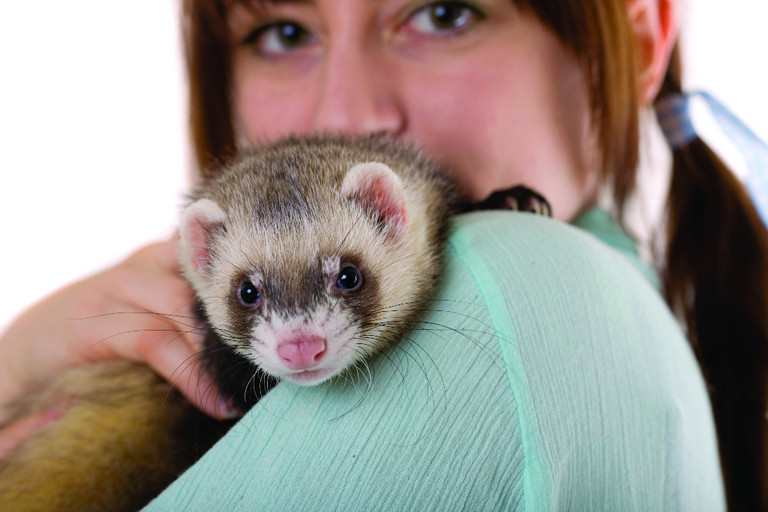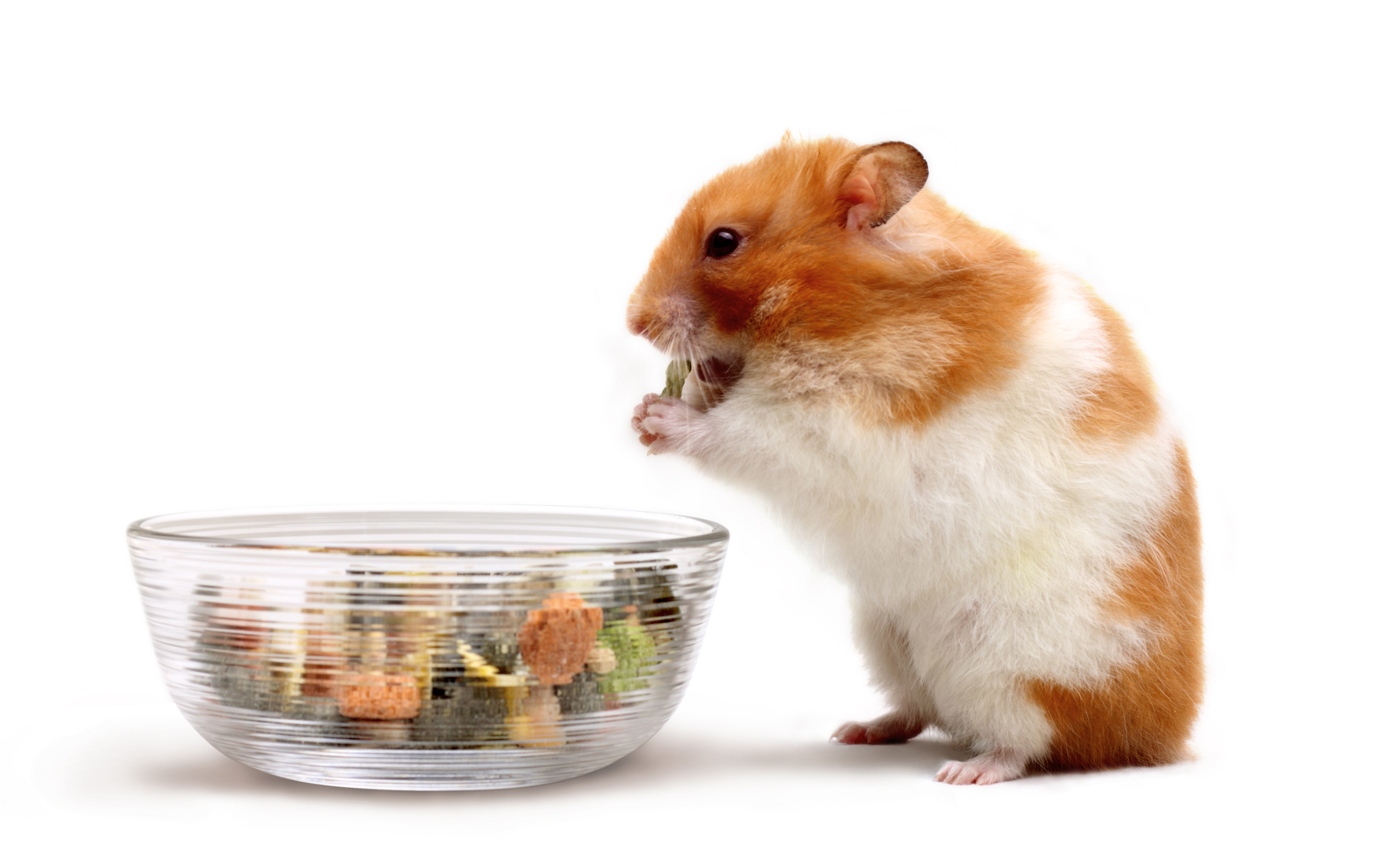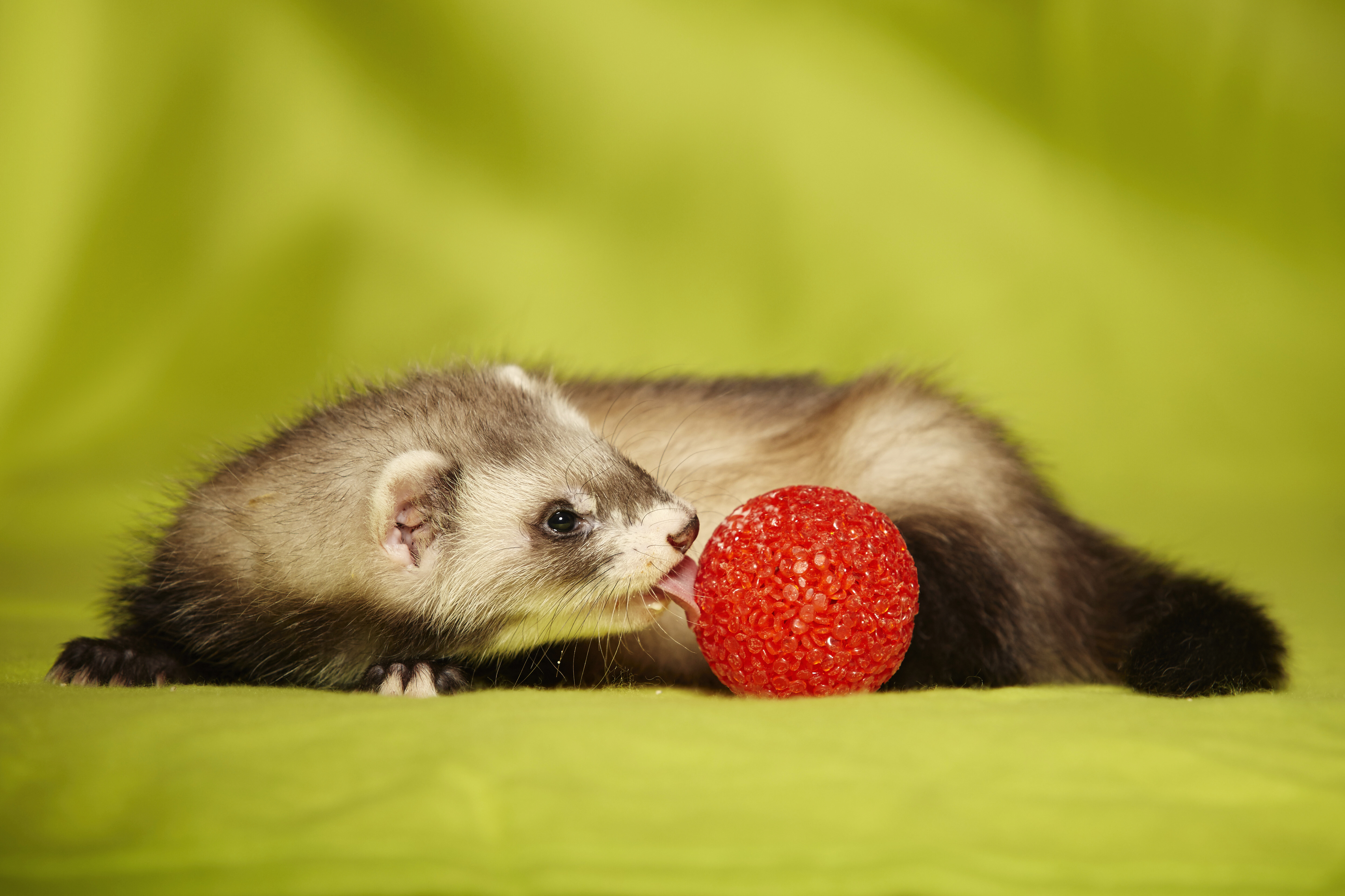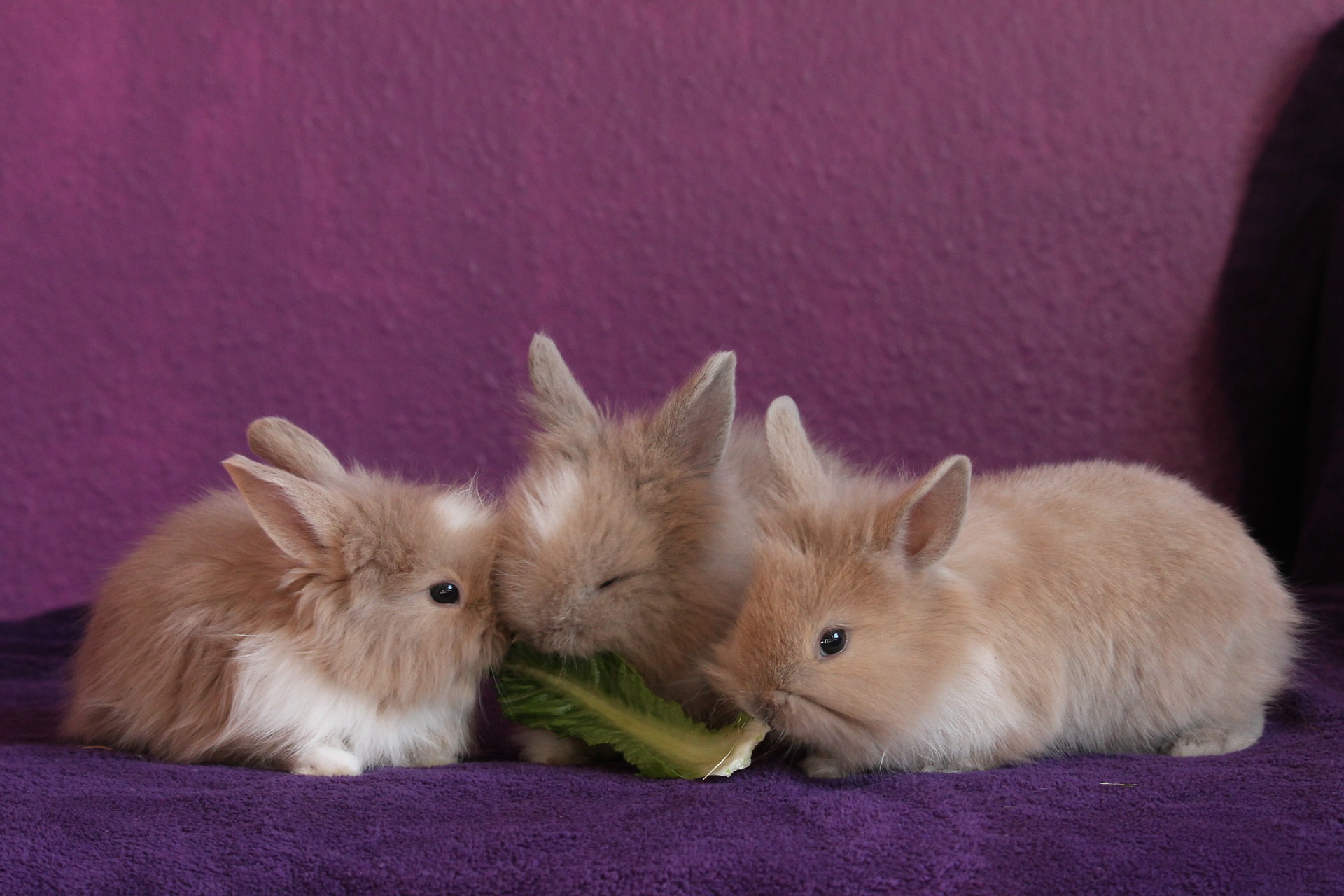Small Pets Bring Big Rewards
Stacy Mantle //November 4, 2013//
Being successful with small pets requires that stores continue to educate not only their employees, but the general public, on responsible pet ownership.
By recognizing and treating signs of illness, feeding a high-quality diet and recommending the best habitat to customers, stores will continue to enjoy a high rate of success. 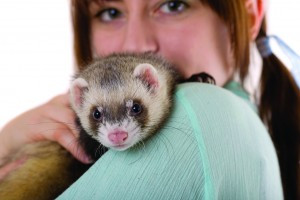
It’s important that all small animals begin their journey to a new family with a clean bill of health. Practicing healthy veterinary care is the first step to a happy customer base.
“As a vet, I would hope each store would have experts caring for their exotics who will be consistently looking for their behavioral habits and know when they are ill,” Dr. Irving Ingram, DVM of All Creatures Animal Clinic in Arizona, said. “They should also council customers to seek out information that is not biased. When searching online for recommendations, seek out a serious website, such as UC Davis or Colorado State University.”
Enrichment is an important part of a small animal’s life. The goal of enrichment is to stimulate the natural behavior and instincts of pets through physical or psychological stimulus.
Filling a small pet’s habitat with interactive toys and accessories will help to stimulate their curiosity, and it takes very little planning. Most small animals enjoy chewing, caching, or hiding, food, constructing nesting areas and climbing.
Cater to their curiosity with hidden treats, interactive toys or interesting accessories that enable them to explore their environment.
Feed a High Quality Diet
While unlimited hay provides the fiber necessary to keep a small herbivore’s digestive system moving properly, vitamins and minerals are supplied in the form of a complete fortified food.
“Many conventional feeds contain fats, sugars, starches in the form of nuts, corn, seeds, and fruit,” Melissa Ross, marketing operations manager for Oxbow Animal Health, said. “Pet owners should avoid these items, as small herbivores such as rabbits, guinea pigs and chinchillas are not designed to digest them. Instead, owners should choose an all-natural food which contains an ideal amount of fiber, carbohydrates and proteins. Approximately 20 percent of a small herbivore’s diet should come from a measured amount of a high quality fortified food.”
It’s critical that pet stores understand the individual requirements of each species, which may include supplements. Some animals require very specific nutritional supplements, such as vitamin C for guinea pigs.
“Major national brands are adequate for the majority of pets but we need to realize that when specific health arises, diet is a big part of maintaining health,” Dr. Ingram said.
Cages and Bedding
The physical needs of an animal will depend completely on the type of animal being sold. Some require cages, others, terrariums. The trend is towards oversized habitats that are stylish, affordable and easily integrated into a home’s décor.
Innovation in versatile product design is being seen throughout in the pet industry.
“The BioBubble Premium is versatile by design,” Kari Simigran, communications manager of BioBubble Pets, said. “BioBubble utilizes sets of clear risers and mesh inserts for a series of stackable expansions that can be customized according to the type of animal you are keeping. Carbon inserts keep the habitat smelling fresh and creative toys that snap neatly into place allow customers to create a completely customized habitat for any land- or water-based animal.”
A floor is also an important part of the habitat. Coverings such as wood shavings make a soft place to lie down, but beware of high-odor woods such as cedar, which can irritate your pets sensitive nose. Newer products in the marketplace are designed to keep habitats cleaner, longer.
“With an inner layer to help trap moisture and odor, Vitakraft’s Cage Liners help make cage cleaning fast and easy,” Phoebe Stanley, marketing coordinator for Vitakraft Sunseed, said. “The quilted surface is highly absorbent, non-toxic, and helps keep cage clean and dry.”
Enrichment
“In addition to essentials such as hay, water, and fortified food, it’s also important for pets such as rabbits, guinea pigs, and chinchillas to have ample opportunities for enrichment,” Melissa Ross, marketing operations manager for Oxbow Animal Health, said. “Enrichment can be offered in many forms, including: healthy treats offered in moderation, variety in a pet’s feeding regimen, and safe, healthy accessories for a pet’s environment.
“One great way to provide enrichment is by providing accessories to enhance a pet’s environment. Woven hay accessories such as Oxbow’s Timothy CLUB items are the perfect accessories for all small animals. Timothy CLUB products are made from 100 percent hand woven Timothy hay and make great additions to small animal habitats.”
Commercial treats can be found in a variety of flavors, shapes, and sizes. Hay pellets, yogurt, and even peanut butter make excellent treats for nearly any species. Take care not to overfeed.
“Pet owners should think of treats as a dessert,” Dr. Ingram said. “Keep to a minimum, they are fine for helping with training and making pet owners feel better about treating their pets, but it’s critical not to overdo it.”
With a little planning, you can provide safe toys and accessories that entertain animals and educate the public on responsible pet care, a goal that every store should keep top of mind.
